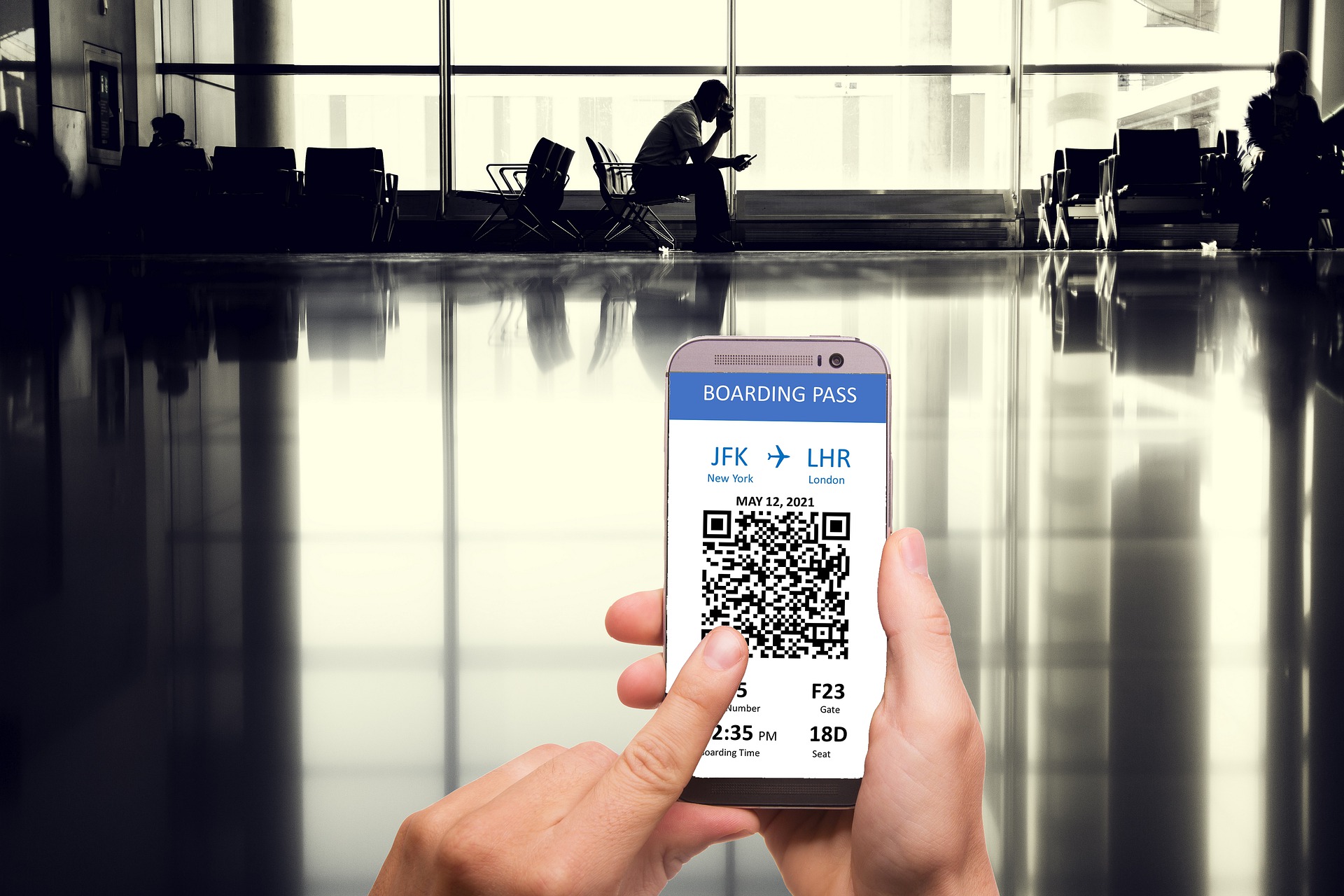The mobility industry is undergoing rapid, evolutionary change with the rise of digital technology. What is driving this innovation is a host of factors, including: changes in social attitudes, rapid advances in technology, advances in engineering which have led to energy-efficient modes of transportation, as well as artificial intelligence, which are leading the way to “smarter travel.”
The pandemic outbreak has also brought an acceleration of change as the need for a safer and more hygienic way to travel meant offering contactless, account-based, and paperless transport ticketing.
Trends That Are Driving Innovation Of Payments Within Transportation Industry
The mobility landscape is undergoing massive change due to significant trends.
- Autonomous vehicles: If they are adopted more widely in the future, it will become a critical part of the MaaS ecosystem. Possibly eliminating privately-owned vehicles.
- Rise of alternative transport: Evolving social attitudes concerning the environment are leading to an increase for more “greener” modes of transportation such as cycling or walking.
- Flourishing app economy: With the digital advances and increase in mobile use, there has been a surge in popularity for “last mile transport services” such as scooters and bikes.
- Climate change: More governments are taking advantage of the latest developments in mobility technology to reduce pollution and abide by the Paris agreement as well as other carbon-lowering obligations.
- Growing consumer expectations towards payments: Traveling consumers want more frictionless payment methods, a variety of payment methods, in a seamless and safe way.
Payment Innovations In The Transportation Sector
Since the app economy and frictionless payments are becoming more available to shoppers, they are more inclined to have this expectation throughout their transactional experiences.
There is no better moment for transport operators, municipalities, and payment providers to create value in this growing space to better enhance “urban movement.”
Here are more ways that the transportation market is undergoing massive change and with it, the innovation of its current payment systems.
- Open Loop Infrastructure
Open loop payments take contactless payments to another level. Customers can pay using their contactless debit and credit cards. They can also use Google Pay and Apple Pay. By using Open-loop or account-based ticketing systems, the best, cost-saving fare can be selected for the customer, while keeping payment processing costs low for public transport providers.
- Subscription-based Payments
Changing social attitudes are moving most into lowering greenhouse gas emissions by using more ride-hailing and alternative means of transportation. As a result, subscription-based offerings are being rolled out by Lyft and Uber.
Uber’s Uber Pass, for example, charges customers a monthly fee to access its host of Ubers services including UberEats deliveries, Uber rides, bike and scooter trips for a discounted rate. It’s a win-win situation for all as it translates into a guaranteed income for the future, it reduces congestion in the larger cities, and it lowers carbon emissions.
- Mobile Ticketing
Mobile ticketing has experienced a steady climb since its initial launch by Europe’s Chiltern Railways back in 2007. Since then, estimates are that the volume of mobile ticketing transactions will exceed $66 billion worldwide in 2023.
Mobile ticketing is where customers purchase and or validate tickets by way of mobile devices. This method grants travelers more convenience as it eliminates the use of cash and reduces boarding time by 75%.
Data amassed by the mobile ticketing systems can be utilized for the optimization of tram, bus, and train schedules to reduce overcrowding.
The Journey To Innovation Continues
Mobility payments as well as contactless payments will continue to pave the way for innovation in the payment ecosystem. Currently, cities like New York, Tokyo, and London are the forerunners in adopting digital or contactless ticketing for public transport. It will only be a matter of time before this will become the reality worldwide.


